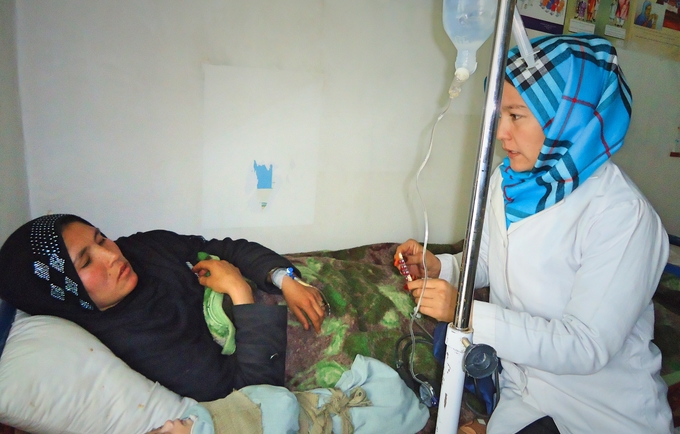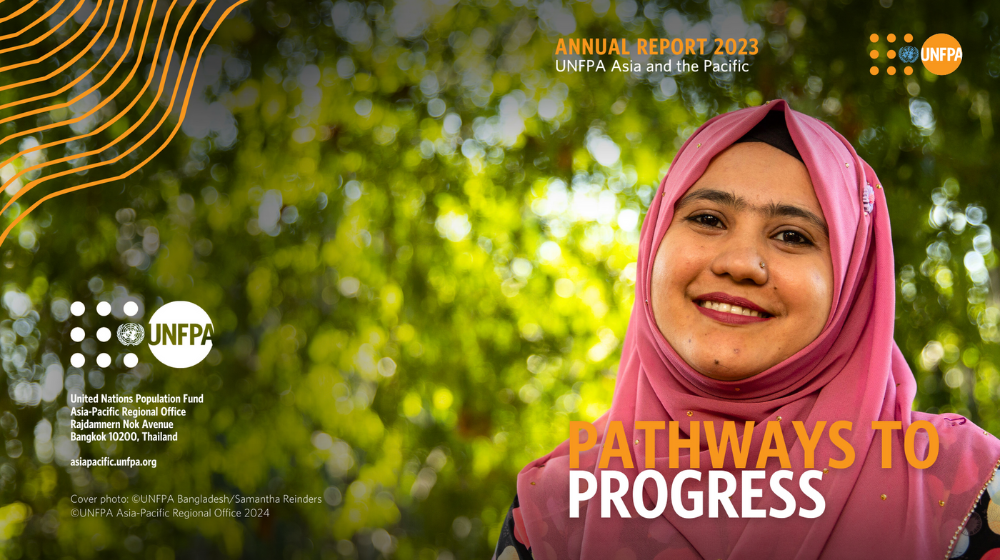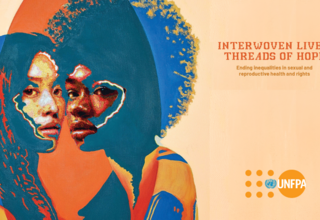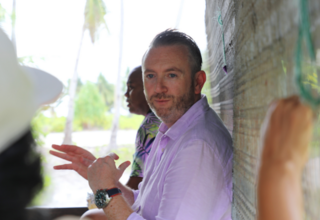Kabul, Afghanistan – Late at night in the remote Afghan mountain village of Balakoh, Zainab was deep in the throes of labour.
Anaemic, malnourished and in severe pain, the 37-year-old woman faced a stark choice: risk birth at home without proper care, or make the tough, long trek to a professional at a Family Health House.
Until recently, one in every 17 newborn babies died, and one in almost 110 mothers did not survive pregnancy and childbirth in Balakoh, which had some of highest maternal and neo-natal mortality rates in Afghanistan.
Zainab’s family swiftly fashioned a stretcher from a wooden bed, hoisted her up on their shoulders and headed out across the mountains.
When they reached the Qaramat Family Health House, they were met with shock and surprise.
“When Zainab arrived, I examined her and found out that it was a quadruplet pregnancy,” says Safia, the community midwife posted there.
“At first I was very nervous. It was time for the babies to be born,” she says.
While two of Zainab’s babies were in safe birthing positions, one was in breech (bottom-first) and another in an unsafe shoulder-first position.
“I did what was necessary to help her, and finally the uterine contractions began,” Safia says.
“It took an hour but finally, all four babies were born healthy. I was so relieved,” she adds.
According to Dr. Bannet Ndayanabangi, Representative of the United Nations Population Fund (UNFPA) in Afghanistan; “Without a skilled birth attendant, it’s less likely that the birth of Zainab’s quadruplets would have been such a success.”
“In any pregnancy and child birth, having a professional midwife present cuts the chance of serious complications, such as fistula, by a third, and with such special cases like Zainab’s, the chance of things going wrong is far higher.”
In the Afghan capital Kabul, Dr Nazifa Hamrah Heads the Obstetric Fistula ward at the Malalai Maternity Hospital. She confirms that bringing quadruplets into the world is tough, under any circumstances.
“Such cases make the best of us nervous, but I see that Safia has been successful in managing the case and helping the babies come into this world. This is just brilliant,” she says.
Since 2009, UNFPA has helped train 135 community midwives across the country and helped set up 115 health facilities to ensure locally recruited, fully trained midwives provide vital reproductive, maternal, newborn and child healthcare to communities with little or no access to healthcare.
The midwives also help tackle damaging cultural norms that restrict women’s access to care in Afghanistan.
“Each health post typically serves between 1,500–4,000 people nearby,” says Dr. Ahmadullah Molakhail, UNFPA Afghanistan's sub-national coordinator.
“Our aim is to make sure every family, within two hours walking distance, can get access to these facilities across the four provinces of Herat, Bamyan, Faryab and Daikundi in the next two years,” he says.
“The plan is that within ten years all areas that now have no health coverage will be covered by Family Health Houses,” Molakhail explains.
Back out in Qaramat, Safia is hugely relieved, and just a little bit proud.
“I could see appreciation in the eyes of the mother I helped,” she says.
“She said that I helped keep her babies alive – and gave her a new life as well.”




